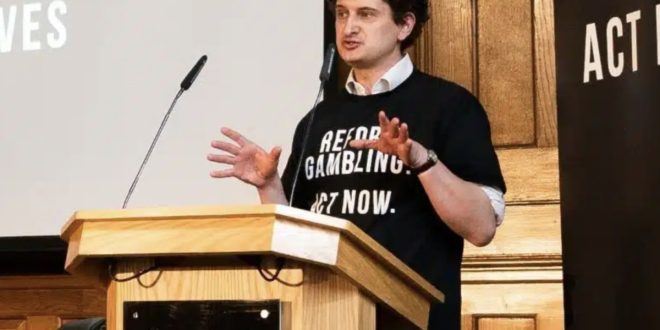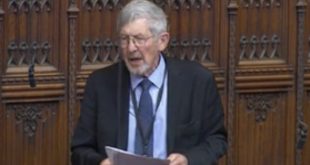The Charity Commission has received a complaint made against GambleAware for providing false information to the British public on gambling-related harms and suicides.
The complaint has been submitted by The Good Law Project, an independent non-profit organisation led by public policy expert Will Prochaska, the former Strategic Director of Gambling with Lives (GWL).
In its mission statement, The Good Law Project (GLP) cites that it seeks to use law for positive change and better public outcomes, with reforming UK gambling laws among its key objectives.
Prochaska’s new non-profit claims to fight dangerous misinformation about gambling and accuses GambleAware of being supported by an industry that preys on the public. The campaign is backed by Annie Ashton, a widow bereaved of her husband Luke Ashton, a former gambling addict who took his own life in April 2021, a case in which the “coroner concluded that his death was caused by a gambling disorder”.
GLP states it is “supporting Luke’s widow, Annie, in her effort to expose the truth about the gambling industry”, as operators missed opportunities to intervene as his addiction spiralled out of control.
Consequently, GLP has filed a complaint against GambleAware, criticizing it as “one of the loudest voices in the debate on gambling harms”, that has provided a false narrative on gambling addiction and its related suicides.
The complaint focused on why GambleAware has been allowed to run its ‘Bet Regret’ nationwide campaign, which experts criticised for “implying that gamblers are a unique category of people who are personally to blame for their losses”.
GambleAware is accused of promoting a “discourse promoted by the gambling industry” to shift blame onto individual gamblers and away from the aggressive advertising or harmful products.
The Charity Commission was directed to an “understand your spending tool” on the GambleAware website, which was deemed to shame and guilt individuals on their gambling expenditures but provided no advice to stop gambling as “the obvious thing to do”.
GLP’s complaint read: “The Charity Commission must take action and investigate whether GambleAware is breaking charity law by failing in their duties to provide unbiased information – accepting the false narrative that gambling is a problem for individuals instead of a problem with the industry. And we’re preparing to take legal action if they refuse.”
At present, British charities and stakeholders await DCMS‘ conclusion of its consultation on the structure of the mandatory levy funding problem-gambling research, education, treatment (RET) organisations and projects.
As announced last summer, the NHS will take central control of the £100m levy, replacing GambleAware as chief commissioner of RET funding. GambleAware accepted the decision in which it will prioritise becoming the lead strategic partner to the NHS in the development of the National Gambling Support Network (NGSN), delivering necessary support services to those impacted by gambling.
Yet DCMS noted that its consultation has gathered divided opinions on how the NHS should structure the levy to support its existing network of RET providers.
Concerns led Margot Daly, Chair of GamCare, which operates the National Gambling Helpline, to write to MPs demanding that levy funding be ring-fenced to ensure the continued support of the third sector in providing frontline treatment of gambling harms. The NHS was made aware that “90% of treatment and support for gambling harms comes from local third-sector organisations with robust community ties.”
Making her final statement as Chair of the Betting and Gaming Council (BGC) last week, Brigid Simmonds stated her disappointment at the industry being withdrawn from the key debate on RET funding. Leaving the trade body, Simmonds proclaimed that industry leadership must find a way to reengage in the levy debate, to ensure the UK gambling sector maintains an optimal network to protect vulnerable customers.









